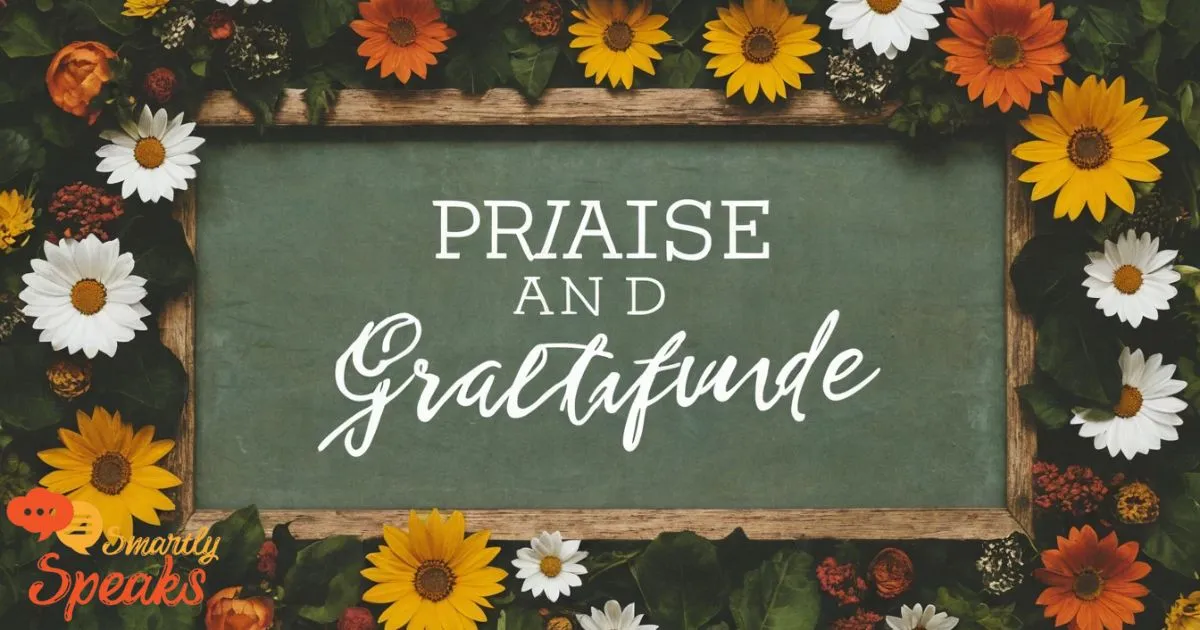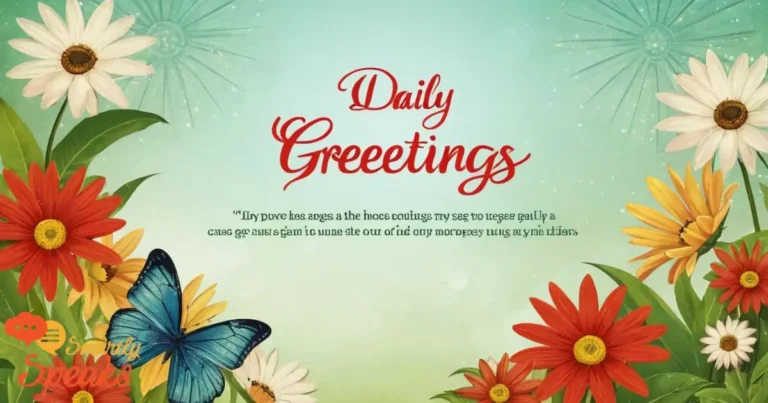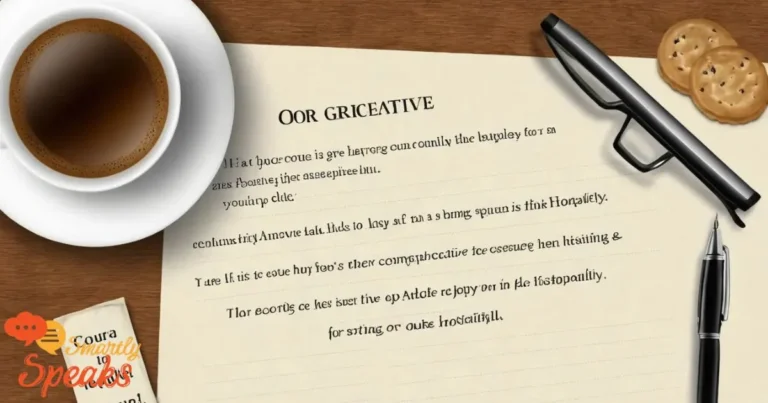175+ Inspiring Responses to Elevate Praise and Gratitude
“Your appreciation keeps me motivated! Thank you for the encouragement.”
In our daily lives, praise and gratitude are powerful forms of communication. They can uplift spirits, strengthen relationships, and foster a sense of belonging. However, many people struggle with how to respond effectively to these positive affirmations. This article explores ways to give uplifting responses to praise and gratitude.
When someone praises you or expresses gratitude, it’s essential to respond in a way that encourages further connection and positivity. In this article, we will discuss various techniques and phrases that you can use to enhance your responses to praise and gratitude.
Are you ready to transform your interactions and build stronger connections? This article will equip you with practical tips and insights on responding to praise and gratitude with genuine warmth. Understanding these responses can significantly improve your communication skills and relationships.
Understanding the Impact of Praise and Gratitude
- Definition of praise and gratitude
- Psychological effects on the receiver
- Benefits of expressing gratitude
- How praise influences motivation
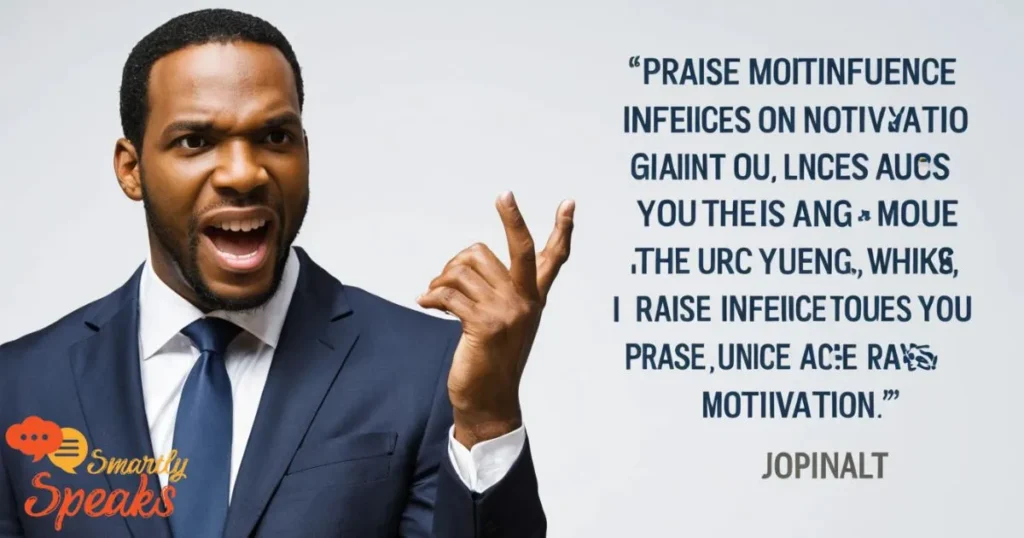
- Creating a positive atmosphere
- Importance in personal relationships
- Role in workplace dynamics
- Enhancing team cohesion
- Strengthening friendships
- Encouraging self-esteem
- The power of acknowledgment
- Building a culture of appreciation
- Fostering trust and openness
- Connecting through shared experiences
- Enhancing emotional well-being
- Recognizing achievements
- Encouraging a growth mindset
- Creating lasting memories
- How gratitude affects mental health
- The ripple effect of positive communication
- Celebrating small victories
Crafting Meaningful Responses to Praise
- Acknowledge the compliment
- Use specific language in your response
- Personalize your reply
- Maintain a genuine tone
- Show appreciation for the recognition
- Avoid deflecting praise

- Respond with humility
- Share the credit if applicable
- Use open body language
- Smile to convey warmth
- Reinforce the positive behavior
- Be authentic in your response
- Use “thank you” as a base
- Practice active listening
- Reflect on what the praise means to you
- Respond in a timely manner
- Offer your own positive feedback
- Express gratitude in return
- Recognize the giver’s intention
- Build on the conversation
- Invite further discussion
Practicing Gratitude in Your Responses
- Importance of expressing gratitude
- How to reciprocate gratitude
- Use “I appreciate” to show acknowledgment
- Share personal stories of gratitude
- Use gratitude journals for reflection
- Create a habit of thanking others
- Offer small acts of kindness
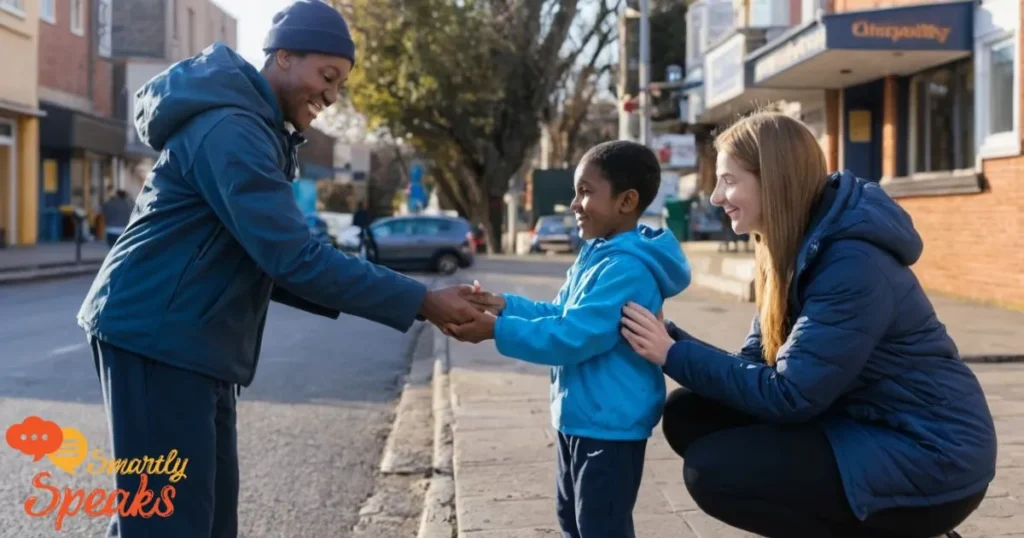
- Recognize the impact of others
- Share the benefits of gratitude
- Encourage others to express thanks
- Use social media to show gratitude
- Organize gratitude-themed events
- Write thank-you notes
- Celebrate the act of giving thanks
- Use gratitude in team settings
- Make gratitude a daily practice
- Acknowledge the small things
- Share your gratitude journey
- Inspire others to be grateful
- Foster a culture of gratitude
How to Handle Overwhelming Praise
- Accepting compliments gracefully
- Managing feelings of discomfort
- Strategies to stay grounded
- Using humor to lighten the moment
- Setting boundaries for excessive praise
- Practicing self-compassion
- Understanding cultural differences in praise
- Acknowledge your achievements
- Responding without diminishing your value
- Avoiding the urge to downplay success
- Accepting compliments with grace
- Use phrases like “that means a lot”
- Recognizing the effort behind praise
- Balancing humility with confidence
- Handling mixed responses to praise
- Engaging in self-reflection
- Sharing the recognition with others
- Staying true to your values
- Creating a personal mantra for praise
- Learning from feedback
- Reframing your perspective on praise
Using Body Language to Enhance Responses
- Importance of non-verbal communication
- Maintaining eye contact
- Using open gestures
- Smiling to show warmth
- Nodding to show engagement
- Mirroring positive body language
- Being aware of personal space
- Using facial expressions to convey sincerity
- Avoiding crossed arms or defensive postures
- Practicing active listening through body language
- Showing enthusiasm with gestures
- Conveying empathy through posture
- Using your tone to match body language
- Practicing confidence in physical presence
- Recognizing cultural differences in body language
- Enhancing verbal messages with body language
- Connecting with others through movement
- Building rapport with physical presence
- Recognizing signs of discomfort in others
- Using body language to inspire trust
- Communicating warmth through touch (where appropriate)
The Power of Written Responses to Praise
- Importance of written communication
- Using thank-you notes effectively
- Writing personal emails of appreciation
- Crafting social media acknowledgments
- Tips for concise and meaningful writing
- Using quotes or affirmations
- Writing for different contexts
- How to use humor in written responses
- Creating templates for quick responses
- Personalizing written notes
- The impact of handwritten notes
- Incorporating visuals in digital responses
- Choosing the right medium for responses
- Writing to celebrate achievements
- Building a habit of written gratitude
- Recognizing the effort in written communication
- Reflecting on feedback through writing
- Using writing as a tool for connection
- Practicing storytelling in written notes
- Encouraging others to share their stories
Responding to Praise in a Group Setting
- Importance of group dynamics
- Strategies for responding in meetings
- Recognizing contributions of others
- Using inclusive language
- Balancing personal acknowledgment with team recognition
- Encouraging further discussion
- Creating an atmosphere of support
- Responding to public praise effectively
- Navigating group feedback
- Using group acknowledgment to build morale
- Celebrating team successes
- Fostering collaboration through praise
- Engaging everyone in the conversation
- Offering follow-up actions
- Using group responses to inspire others
- Encouraging team members to praise one another
- Sharing lessons learned from praise
- Building a culture of collective gratitude
- Addressing praise in team-building exercises
- Using praise to highlight shared goals
The Role of Cultural Context in Responses
- Understanding cultural variations in praise
- Adapting responses to cultural norms
- Recognizing language differences
- Using culturally appropriate expressions of gratitude
- Acknowledging diverse perspectives
- Understanding personal vs. collective cultures
- Responding to praise in multicultural settings
- Using humor across cultures
- The impact of cultural values on gratitude
- Engaging in active cultural exchange
- Recognizing biases in communication styles
- Building awareness of cultural backgrounds
- Using translators when necessary
- Learning about other cultures’ expressions of gratitude
- Sharing personal experiences from diverse cultures
- Encouraging cross-cultural dialogues
- Avoiding assumptions based on cultural stereotypes
- Recognizing the global language of gratitude
- Celebrating cultural diversity through praise
- Learning from international perspectives on acknowledgment
Developing a Personal Response Style
- Understanding your communication style
- Reflecting on past responses to praise
- Finding what feels authentic to you
- Experimenting with different response techniques
- Seeking feedback from trusted friends
- Identifying what resonates with you
- Building confidence in your response style
- Practicing responses in everyday situations
- Embracing vulnerability in communication
- Acknowledging personal growth in your responses
- Using role models to inspire your style
- Being open to change and adaptation
- Reflecting on cultural influences
- Sharing your journey with others
- Learning from experiences and mistakes
- Crafting a personal mantra for responses
- Building a community of supportive responders
- Celebrating your unique approach
- Encouraging others to find their voice
- Committing to continuous improvement
“Responding with kindness and sincerity not only uplifts your spirit but also strengthens your connections with others”
Conclusion
Responding to praise and gratitude positively can enhance your relationships and create a supportive environment. By understanding the impact of your words and actions, you can uplift yourself and others. Remember, a sincere response can foster deeper connections and encourage a culture of appreciation.
Key Insight
1. What should I do if I feel uncomfortable receiving praise?
It’s normal to feel uncomfortable when receiving praise. Take a moment to breathe, acknowledge the compliment, and respond sincerely. Practice accepting compliments graciously, and remind yourself that you deserve recognition for your efforts.
2. How can I encourage others to express gratitude?
Encourage an open environment where gratitude is shared. Lead by example; express your thanks regularly. Create opportunities for others to share their appreciation, such as gratitude circles or note-sharing activities.
3. How can I respond if someone praises me for something I didn’t do alone?
When someone praises you for a group effort, acknowledge their compliment by saying, “Thank you! I couldn’t have done it without my team.” This shows appreciation for your collaborators and reinforces the idea of teamwork.
4. What if I feel that the praise is exaggerated or unwarranted?
If you feel the praise is exaggerated, respond with gratitude while staying humble. You could say, “I appreciate your kind words! I still have much to learn and improve.” This way, you acknowledge the praise while maintaining humility.
5. How can I teach my children to respond to praise and gratitude?
Model positive responses in front of your children. Encourage them to say “thank you” and express how they feel about the praise they receive. Role-playing different scenarios can also help them practice responding to compliments and gratitude effectively.

Hi! I’m Etha Matthews, and I love finding clever words that say it all. Here at speakssmartly.com, I dive deep into the art of witty comebacks, hilarious replies, and meaningful thank-you messages. Whether it’s a zinger for your best friend or a thoughtful note for someone special, I’m here to help you say what you feel with style and humor. Let’s make every response unforgettable!

